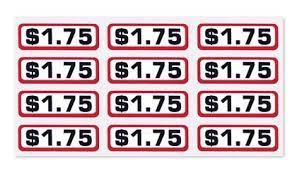 September 2022
September 2022
High-rise and condominium communities don’t always operate like well-oiled machines. Equipment breaks down, financial problems arise and individuals disagree.
Money is the biggest problem. There is never enough to meet all expectations. Everyone wants to receive more and pay less. Not everyone agrees with paying into a reserve fund which may be mostly utilized after they have departed. For these and other reasons communities run into financial problems when major physical systems begin to fail. Bad weather or unforeseen events causing damage make matters worse.
Broken-down communities suffer from financial mismanagement. They may choose the wrong projects to fund at the wrong time, or not collect enough to cover all expenses. Delaying the upgrading of a boiler, renovating rather than addressing structural concerns, or paying too much for utilities because of failure to implement energy efficiency measures are contributing factors to financial mismanagement. There will always be advocates of short-term measures despite the overall negative impact a few years later.
Deferred maintenance contributes to financial mismanagement. Work that should have been done is delayed and becomes an emergency item. Work that could have been spread out over time must now be completed quickly and at greater cost. What was a manageable expense now takes a large bite out of the condo budget possibly requiring a special assessment, higher fees or loan.
Conflict contributes to financial mismanagement. A board unable to make decisions or infighting among residents can put a halt to decision making and building operations. One person may take control of the board and make decisions without consultation or communication with other board members. They may choose to “ignore” routine maintenance or reserve fund contribution requirements to reduce condo fees. Board members may vote in favour of family or friends against community interests. Management, caught in the middle, has no authority to address problems.
Many of these problems are ignored, at first, when dollar amounts are low. Over time dollar amounts creep up to a point where dramatic changes become necessary. Disagreement about fault and how to proceed can divide a community. Other times an outside force, such as a dramatic increase in insurance premiums or deductibles, forces a community to address a reality not acknowledged by successive condo boards.






